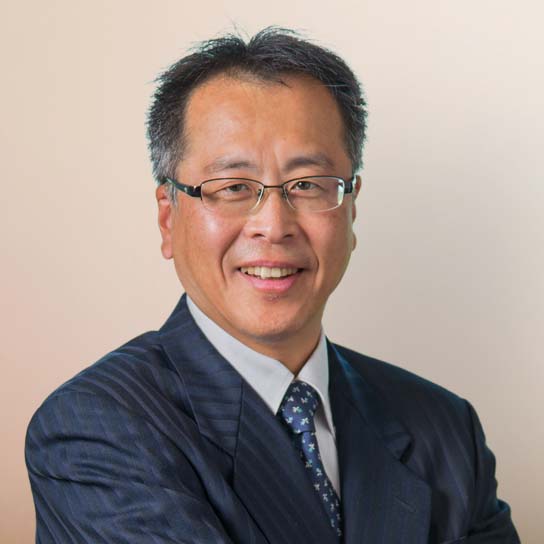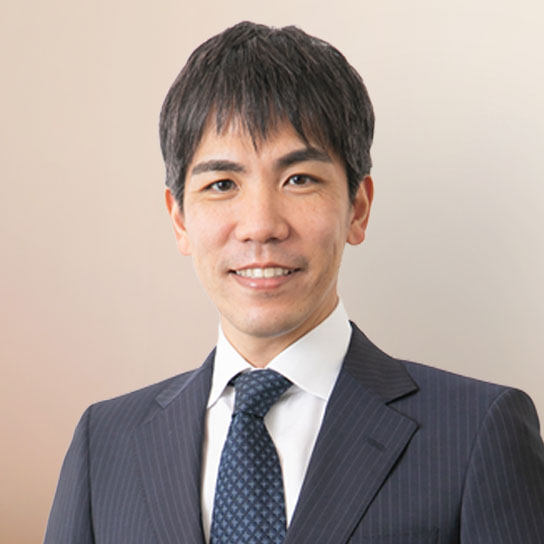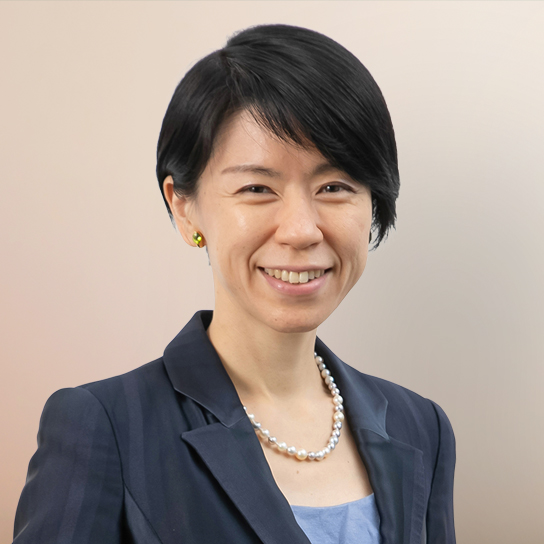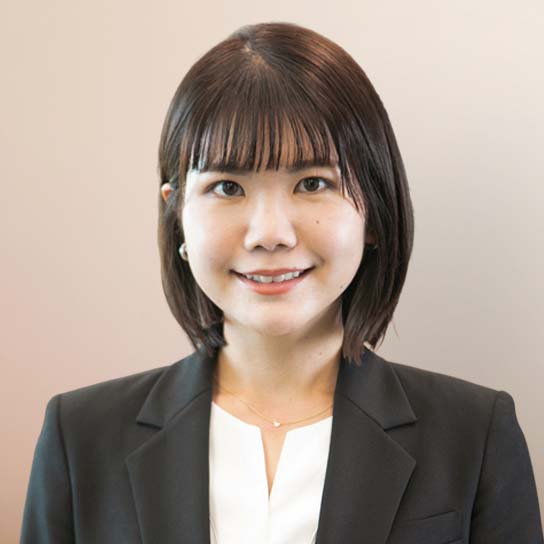

- Community
- Environment
Charity project "Children's Cafeteria Food Drive"
In the fall of 2023, in honor of the UN designated World Charity Day (Tuesday, September 5), we held a charity event called "Food Drive," in which members of the Japanese office contributed a variety of shelf-stable food from their homes (pre-packaged and canned food, rice, dried noodles, sweets, etc.) for donation to the Children's Cafeteria.
Volunteers from Nishimura & Asahi's Tokyo, Osaka, Nagoya, and Fukuoka offices also collected food and donated a large number of food items to children's cafeterias nearby each office.
In order to achieve Nishimura & Asahi's fundamental mission "to realize an affluent and fair society based on the rule of law," we would like to introduce our efforts to realize a society where no one is left behind.
For this charity project, we set up four actions to allow each member to participate in volunteer activities to the extent they are comfortable and able.
【Four contribution actions】
Action 1: Donate food
Action 2: Learn about the current status of children's cafeterias and the significance of your support
Action 3: Catalogue the collected food
Action 4: Packing and shipping food to the Children's Cafeteria
Many participants elected Action 1, as they could easily contribute to volunteerism by bringing in food they could not eat at home. Seven large boxes (each containing numerous food items) were collected from the Tokyo office alone.
Some members participated in a seminar held in pursuit of Action 2. They learned about the current situation of children's cafeterias, gained heightened awareness of issues occurring in their immediate communities, and actually visited a children's cafeteria close to their homes.
For Actions 3 and 4, volunteers gathered at lunchtime or after working hours. They helped catalogue the collected food and then packed and shipped it. They were able to communicate and enjoy the work, devising ways to classify the food so that it would be more convenient for those who received it, including by adding letters with pictures.
Volunteer activities at Tokyo office
It was a lot of fun to enter the names of the ingredients one by one into Excel, imagining how the canned beans would be cooked and whether the children would be happy to receive instant sweet beans (Zenzai). During the volunteer work, N&A staff were able to use their business skills to complete the work quickly and accurately. We also praised the members who drew very good picture letters and talked about their special skills, which was a valuable time that does not occur easily in our normal course of service to the firm.

Volunteer activities at regional offices in Japan
Nagoya office
As Nagoya office has about 10 lawyers and staff, we were worried about how much food we would be able to gather, but because of the small number of lawyers and staff, we were able to talk to each other openly (without regard for our normal roles), and as a result, we were able to donate a cardboard box of food to the local children's cafeteria. We were able to learn about the existence and efforts of the Children's Cafeteria, and by actually taking action as a member of the community, we were able to rethink what we can do to make continuous social contributions in the future. We received a letter from the Children's Cafeteria stating that they were able to use the food. I think this initiative was a good opportunity for us to think about what we can do to realize a society where everyone can live comfortably and happily.
Fukuoka office
We were able to gain a lot of insights by participating in this volunteer program.
At the stage of collecting food, we discussed what kind of food we should send to make the children happy, and showed each other the food we brought, creating a different kind of communication. I also imagined the joy of the children as the number of food items I collected increased, and realized the joy of working on something for someone else.
The Fukuoka Office sent food to a restaurant that served free meals to children every weekday. To know that ordinary restaurants have become places for children to gather and serve meals in this way, I came to feel that children's cafeterias are more familiar to me. Through this initiative, I was able to realize that there are various forms of children's cafeterias and that there are various forms of community and social contribution.
After the initiative, our awareness and behavior changed, and we became more aware of the expiration date than before, and the phrase "food loss" naturally came up in our conversations. We began to see the importance of food as our own.
I would love to participate in another opportunity like this.
Osaka office
Since the Osaka Office had almost no opportunity to participate in such projects on its own, we feel that this project was a good opportunity for us to think about what kind of charity activities we can do as an office.
Some of the members had heard the words “food drive” and “children’s cafeteria” in their daily lives, but had not always understood the reality correctly, so it was a good opportunity for them to learn again what a food drive is and think more deeply about it. Also, as I was looking for food to donate, I found some items that I found in the back of the shelf that had passed their due date, and I think it gave me a chance to be aware of food loss again.
During the discussion with the members of the Osaka office about this project, they said that they actually have some of these things left over at home, and that there are things that they no longer use but can't bear to throw away, which could be used as ideas for future charity activities. In the future, through office planning, we would like to think together about what sustainability is and what we can do to help.
Through the implementation of charity projects…
Through this food drive, I had an opportunity to learn more about the current situation of social problems such as food loss, poverty, and solitary eating. In addition, with lawyers and staff working together, and with the participation of our regional offices in Japan, Nishimura & Asahi was able to work together to contribute to society in each region.
We will continue to actively engage in social contribution activities in order to realize an affluent and fair society based on the rule of law, which is our fundamental mission.

Project members
Takeshi has handled many complex M&A transactions and provides sincere advice to his clients. He has extensive experience in M&A-related disputes, and is well versed in the various issues facing companies with founding family shareholders. In recent years, he has been involved in many cases involving business and human rights, impact investing, and advises companies from the perspective of sustainability. He is also actively involved in pro bono work and is one of the most experienced in Japan.
Alisa Inuzuka advises clients in the life science and healthcare industries on matters including pharmaceuticals, medical devices, in vitro diagnostics, cosmetics, health foods, medical systems, and laboratory tests. In addition, she has experience in M&A, regulatory advice, reviewing and drafting various contracts, and crisis management and investigation, as well as communicating with the relevant authorities in these areas. She also supports non-healthcare companies in entering into the healthcare industry as well as the entry of non-Japanese healthcare companies into the Japanese market. She seeks to contribute to enhancing people’s health and lives by working to maximize clients’ business opportunities.





Masaki Hosaka has expertise in General Corporate and M&A law. He was the managing partner of the firm from early 2011 to March, 2021 and has been the Chairman of The Management Board of the firm since April, 2021.。